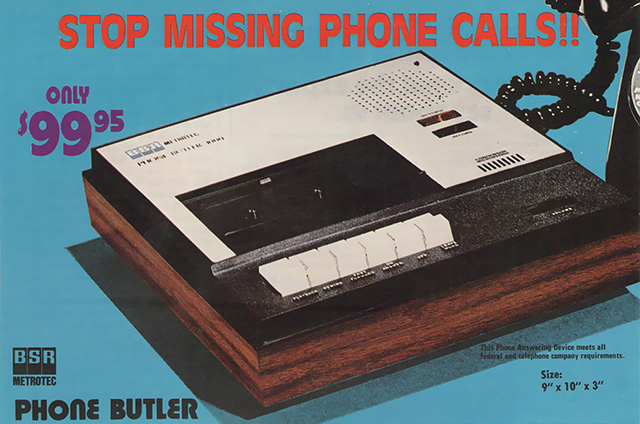
No one suffering from an emergency expects to be greeted by a recording when they dial 911.
Yet 911 callers in Caddo County, Oklahoma were unable to reach a human operator for months in 2013. Instead, they were routed to an automated message that "instructed callers to 'hang up and dial 911' if their call is an emergency," the Federal Communications Commission said yesterday.
The FCC issued a proposed fine of $100,000 to the Hinton Telephone Company, saying the telco "betrayed its customers."
"Hinton allegedly continued to allow 911 calls to be routed to the automated message for three months after the company discovered the problem," the FCC wrote in its notice of liability to the company. "The company returned the system to functionality only after being contacted by FCC investigators and directed to do so. This is manifestly unacceptable. This betrayal is particularly egregious and dangerous for a rural community like Caddo County, Oklahoma, whose residents may be far from help and most in need of reliable and efficient emergency communications."
Hinton can appeal the penalty to the FCC, but so far the commission has not been pleased with the company's arguments. The investigation began after a May 2013 complaint by the Caddo County Public Safety Answering Point (PSAP), the local emergency call center, which said Hinton should have been routing calls to the PSAP rather than an automated operator service.
According to the FCC, Hinton officials explained that "in August 2002, the Caddo County Sheriff’s Office specifically declined to accept 911 calls from its Caddo County customers due to a lack of personnel and resources, and that the only feasible means of routing 911 calls was to direct such calls to a live AT&T operator for connection to a list of county emergency offices provided to the live operator by Hinton."
When Hinton first began routing 911 calls to the live AT&T operator, the Caddo County PSAP hadn't been set up yet. But the PSAP was operational by January 2013, at which time Hinton received a request to start routing 911 calls to the center, according to the FCC.
Despite this, Hinton continued routing calls to the AT&T service, and it was caught unaware when AT&T discontinued the live operator service and "substituted an automated operator to handle operator assisted calls."
"The automated operator message instructed the caller, who had already dialed 911, to hang up and dial 911 if the call was an emergency or to dial zero or remain on the line for additional assistance," the FCC wrote.
Hinton learned of this change in May 2013 but routed 911 calls to the automated message until August. According to the FCC document, Hinton officials said the company "received no prior notice from AT&T regarding the switch from a live operator to an automated operator message and first learned of the switch from a 911 test call it performed on May 6, 2013. Hinton admits, however, that for three months it continued to route 911 calls to the automated operator message—i.e., until August 5, 2013."
Hinton finally began routing 911 calls to the Caddo County PSAP a few days after the FCC ordered Hinton to immediately "implement a basic 911 solution."
Hinton argued that it was reasonable to continue routing 911 calls to the automated operator because "it faced technical challenges that limited its call routing options."
In its decision, the FCC said, "we reject Hinton’s contention that it exercised reasonable judgment by continuing to route 911 calls to AT&T’s operator service after May 6, 2013, when it learned that 911 calls on its network were being routed to an automated operator."
Despite FCC rules requiring companies like Hinton to identify alternatives when 911 calls aren't being routed properly, "Hinton made no effort to identify such an alternative appropriate local emergency authority," the commission said.
reader comments
73